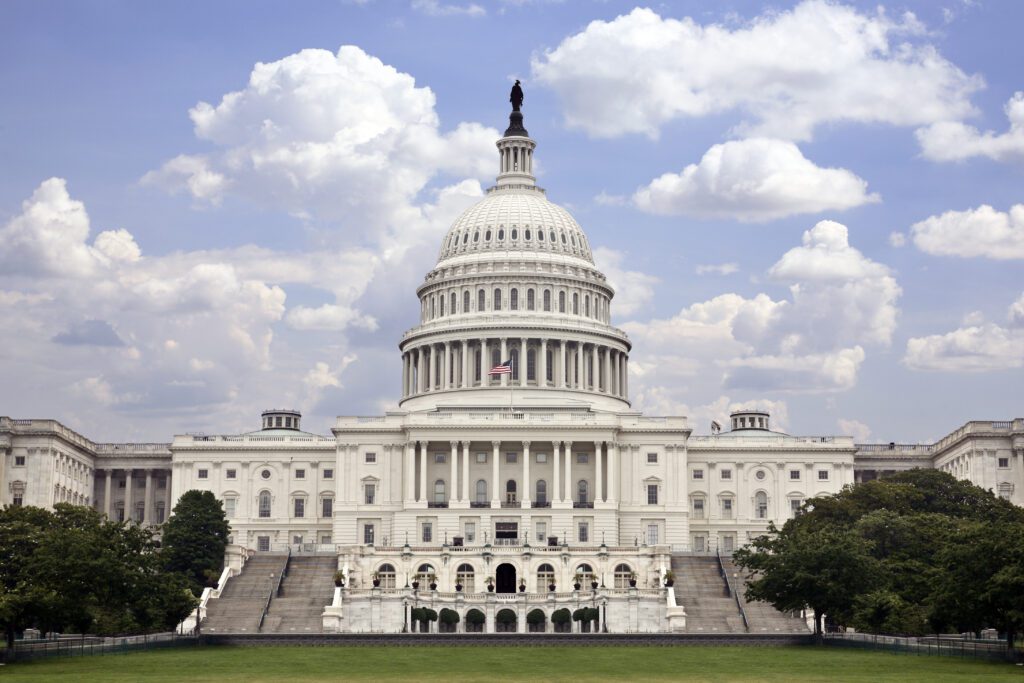In a 5-4 decision issued today and authored by Justice Antonin Scalia, the US Supreme Court held that the US Environmental Protection Agency (EPA) did not properly consider costs that power plants would have to bear under the agency’s new regulations of mercury emissions. The case, Michigan v. EPA, combined with companion cases Utility Air Regulatory Group v. EPA and National Mining Association v. EPA, arose from EPA’s regulations aimed at curbing mercury emissions from power plants. EPA promulgated the regulations under its authority under the Clean Air Act, which provides the agency the right to regulate if such regulation is “appropriate and necessary.” The Supreme Court battle centered around the question of whether and when costs should be considered in determining what is “appropriate and necessary.”
It is undisputed that the costs of the regulations to power plants would be $9.6 billion a year. The EPA concluded, however, that, because the mercury emissions posed risks to public health, the agency did not have to consider the costs of implementation in regulating the emissions; that analysis could come later in the regulatory process (i.e., in developing suitable emissions standards). The D.C. Circuit agreed with EPA, but the Supreme Court reversed, holding that EPA acted unreasonably in failing to consider these costs in promulgating the regulations.
The Court held: “Consideration of cost reflects the understanding that reasonable regulation ordinarily requires paying attention to the advantages and the disadvantages of agency decisions. It also reflects the reality that ‘too much wasteful expenditure devoted to one problem may well mean considerably fewer resources available to deal effectively with other (perhaps more serious) problems.’”
The opinion does not invalidate the regulations altogether but requires the EPA to reconsider costs to power plants before deciding whether the regulation is appropriate and necessary.
Justices Roberts, Kennedy, Thomas and Alito joined Scalia. In a sharp dissent, Justices Kagan, Ginsburg, Breyer and Sotomayor criticized the majority opinion, accusing the Court of “micromanagement of EPA’s rulemaking” and noting that the EPA undertook an “exhaustive consideration of costs.” The dissent states: “The Agency acted well within its authority in declining to consider costs at the opening bell of the regulatory process given that it would do so in every round thereafter—and given that the emissions limits finally issued would depend crucially on those accountings.”






